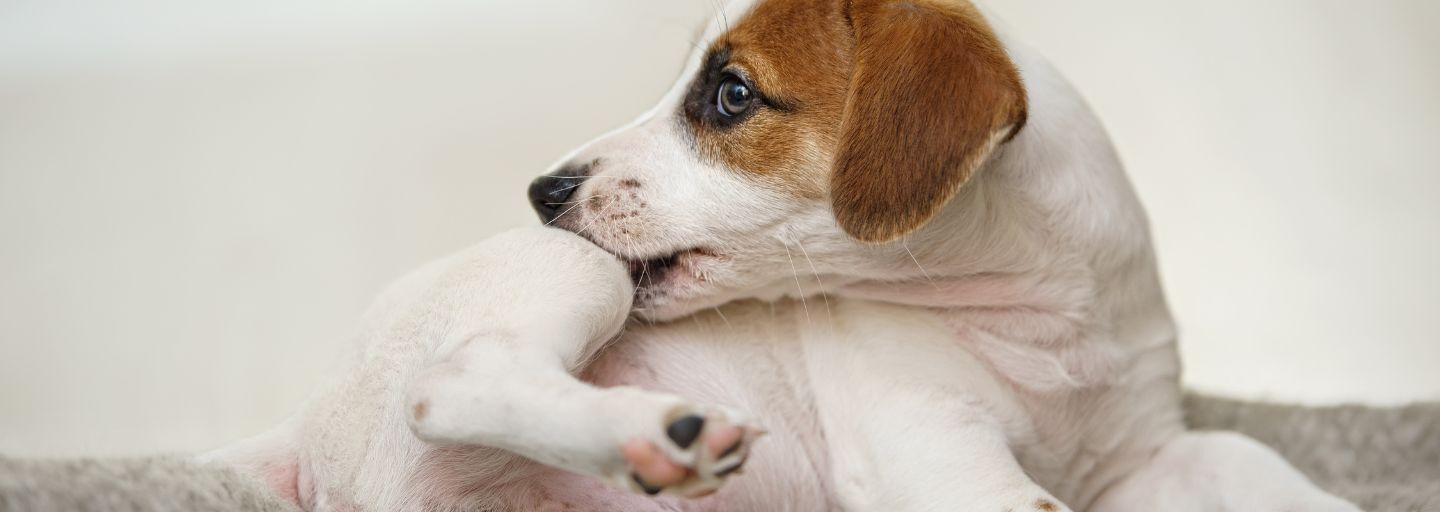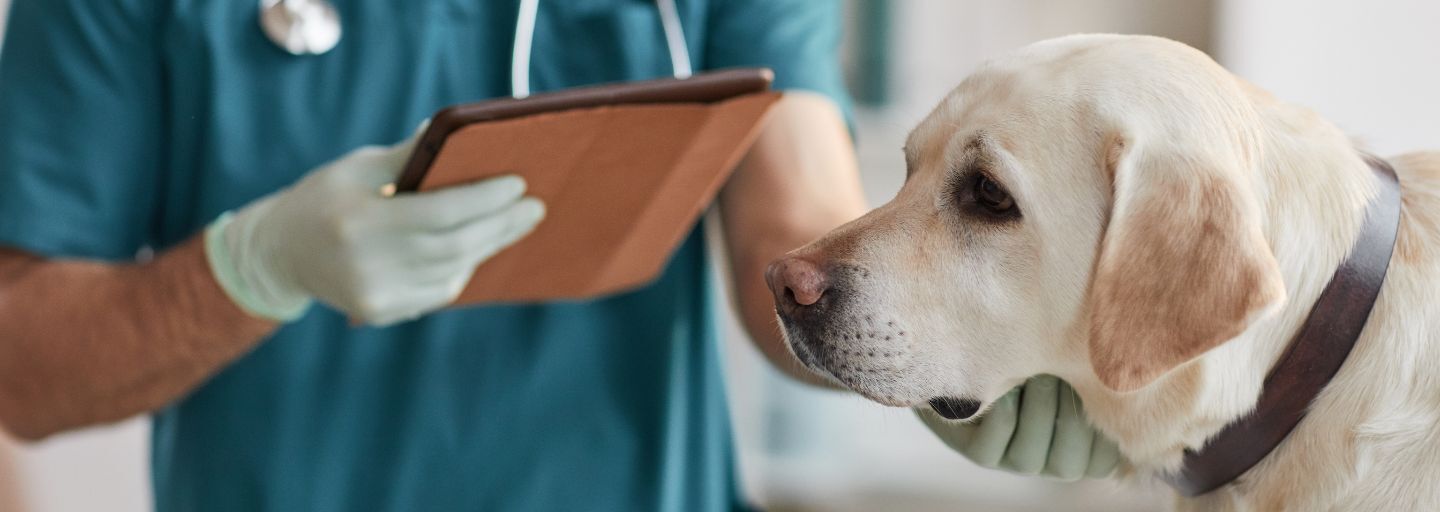Do you ever wonder if your dog can tell the time? While your dog might not look at the clock, most dogs do know when it's dinner time or time to go for a walk. How do they do this?
It's biological.
All animals have circadian rhythms - physical, mental, and behavioral changes that follow a 24-hour cycle, responding to light and darkness in the environment. They may also be affected by factors like temperature and social cues. Humans, dogs, and even plants have these rhythms.
An animal's response to these rhythms is coordinated by the brain, enabling neuronal and hormonal activities in the body. This internal mechanism controlling our regular activities is often called our biological clock.
Circadian rhythms and biological clocks let us recognize that, for example, when it becomes light, we start feeling hungry, or when it gets dark, we become sleepy.
Differences between dogs and humans.
While both dogs and humans have circadian rhythms and biological clocks, we differ in our habits. Dogs are flexible in their sleep patterns and can be quickly awakened and ready to go for a walk, even from a deep sleep. And of course, most dogs are ready to eat anytime, not just at meal times.
Do dogs know when you're coming home?
Many claim dogs know when their owners are returning and greet them at the door, gate, or station! Whether dogs possess a true sixth sense is uncertain, but they're highly attuned to our routines and environmental triggers.
Dogs know our routines well. If we wake up later on weekends, your dog might realize it's walk time. They can also sense when they're about to be left alone just by the keys jingling.
Time passing and missing us.
Dogs do have a sense of time passing and miss us when we're gone. In a study, dogs left alone reacted differently based on the time left alone. Longer times alone led to more enthusiastic welcomes upon return. Many dogs likely snooze while we're gone.
Sleep patterns.
Unlike humans with one main sleep lasting around eight hours, dogs may have many sleep-wake episodes in the eight-hour night. Dog sleep-cycles comprise 16 minutes of sleep and five minutes of being awake, often accompanied by barking. This difference can disrupt human sleep and neighbors. Interestingly, dogs in multi-dog households don't synchronize sleep cycles; they wake each other only during major disturbances.







